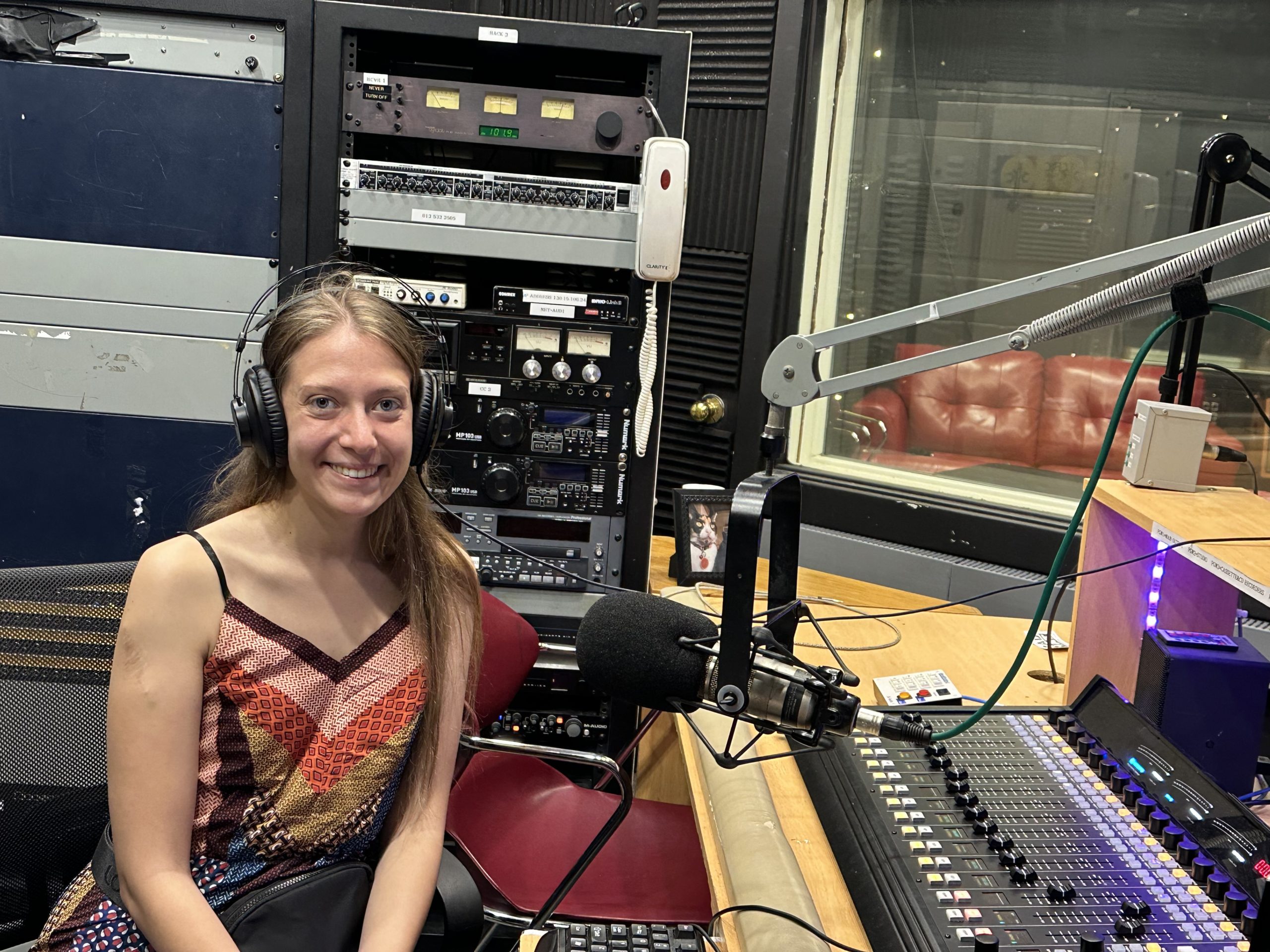

Chemistry educators are turning to new technology like virtual reality (VR) to bring their students three-dimensional, interactive, and user-controlled learning environments to conceptualize molecular models. With the emergence of VR in chemistry classrooms, educators and developers must consider students’ varying spatial abilities in VR design to ensure that students are not overwhelmed. Students may experience cognitive overload in VR, where they exceed the amount of working memory that can be applied to the task.
For upcoming interviews check out the Grad Chat webpage on Queen’s University School of Graduate Studies & Postdoctoral Affairs website – https://www.queensu.ca/grad-postdoc/research/share/grad-chat
